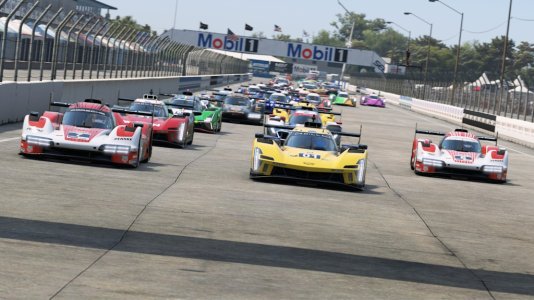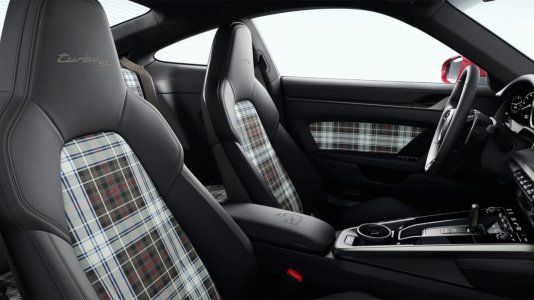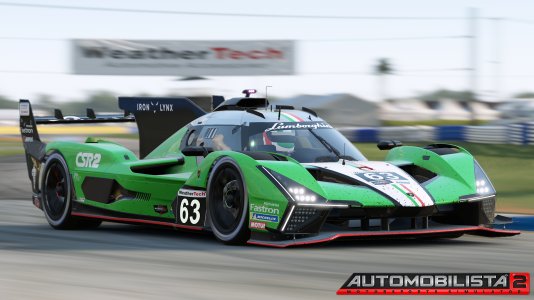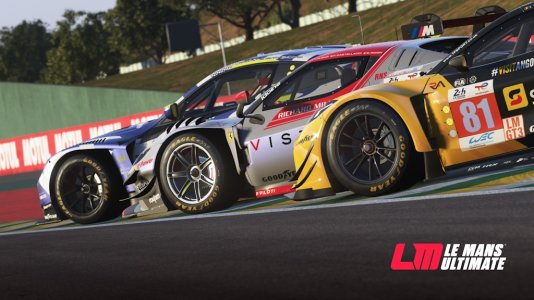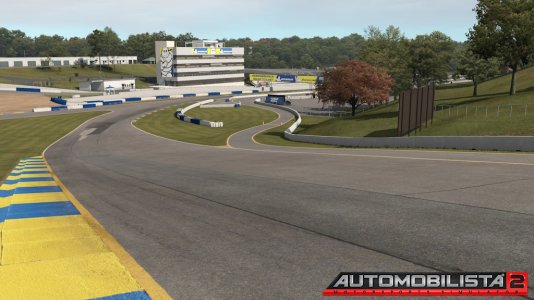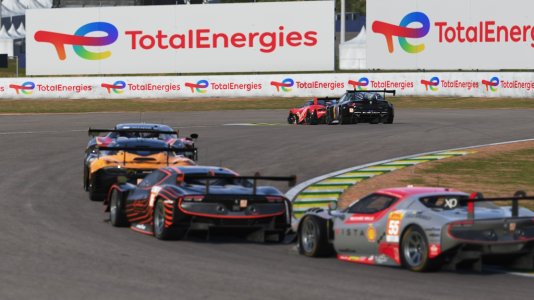Intel gen 5 PCIe Gotcha
Intel gen 12 and 13 have 16 lanes of PCIe gen 5, and plugging PCIe SSD into NVMe slot closest to the processor, at least on some MSI Z790 motherboards, leaves only 8 lanes for the GPU, which is not enough for an RTX 4090. Neither NVMe nor GPUs currently support gen 5 PCIe, and RTX 4090 may be the only GPU which can saturate 8 lane gen 4 PCIe..
Intel gen 12 and 13 have 16 lanes of PCIe gen 5, and plugging PCIe SSD into NVMe slot closest to the processor, at least on some MSI Z790 motherboards, leaves only 8 lanes for the GPU, which is not enough for an RTX 4090. Neither NVMe nor GPUs currently support gen 5 PCIe, and RTX 4090 may be the only GPU which can saturate 8 lane gen 4 PCIe..



